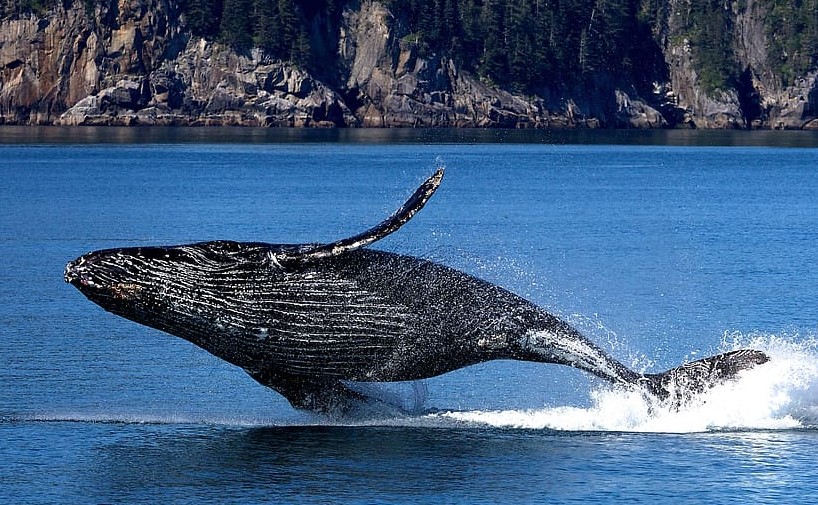He World Whale Day 2024 It is celebrated every third Sunday of February, so it is time to commemorate this anniversary, today, February 18. The goal is to raise awareness of the importance of these cetaceans and to reveal little-known aspects of their lives, in addition to the numerous threats that loom over them.
Whales are marine mammals of enormous size. In fact, the blue whale is the largest living creature on our planet today. These animals are truly formidable and science has not yet fully identified some of their features.
What it has been able to demonstrate is that they have unique characteristics in the animal world that make them stand out from the rest. And although they are diligently studied, their way of life and complex relationships and habits make this task complicated and formidable, to say the least. And it has very specific roles in the ecosystems where they live, that’s why it’s so important World Whale Day 2024.


World Whale Day 2024: what do we know about these water giants?
They are giants, but they feed on small prey. Krill, copepods, anchovies, herring, sardines, mackerel, squid, cuttlefish. The whales’ menu consists of very small prey compared to their enormous size. Generally, they open their mouths and collect a large amount of water from which they filter the food.
The perception and communication of different sounds are especially developed in cetaceans. Depending on the time, the species and even the group to which they belong, whales emit sounds of an astonishing diversity to communicate.
The role of their noise emissions by whales is something that should be emphasized in the World Whale Day 2024, because it can have multiple functions. They allow the cohesion of the group and the socialization of individuals (mother-child relationship, search for a mate, defense of a territory or confirmation of a hierarchy, etc.) and are also said to serve for the search for food, hunting, identifying prey or dangers or orient ourselves.
These range from vocalizations (sounds containing one or more frequencies) to clicks (short sounds), including howls, growls, buzzes, chirps, moans, screams and hisses. Experts have managed to classify many of these sounds, but we still can’t communicate with them.
The sounds whales make are also very intense. It is possible to hear blue whales from more than 50 km away. As for the songs of humpback whales, they are so loud that they can vibrate the hull of a nearby ship.
Cetacean breathing is not a reflex action, but a controlled action that requires very specific organization, especially while resting. That’s why when a whale sleeps, the two hemispheres of the brain take turns. While one half disconnects and rests, the other remains alert and can control its rise to the surface to breathe. Something you might learn today World Whale Day 2024.
Whales are also real freediving champions. Beaked whales can even stay underwater for almost two hours. And unlike most mammals that can only renew 30% of the air in their lungs, whales achieve up to 90% air renewal. For example, in four seconds a fin whale exchanges 3,000 times more air than a human.
World Whale Day 2024: endangered
Their gigantic size does not protect them from the numerous threats pressing on them, something that must be taken into account. World Whale Day 2024. Whales have long been an important economic resource, which has led to them being hunted with increasing resources, putting certain species at risk of extinction.
Today, blue whale populations are struggling to grow, mainly because their reproduction is extremely slow. In addition, illegal hunting, maritime traffic, chemical and plastic pollution and the effects of global warming are the main factors threatening their survival. That is why the commemoration of the World Whale Day 2024.

